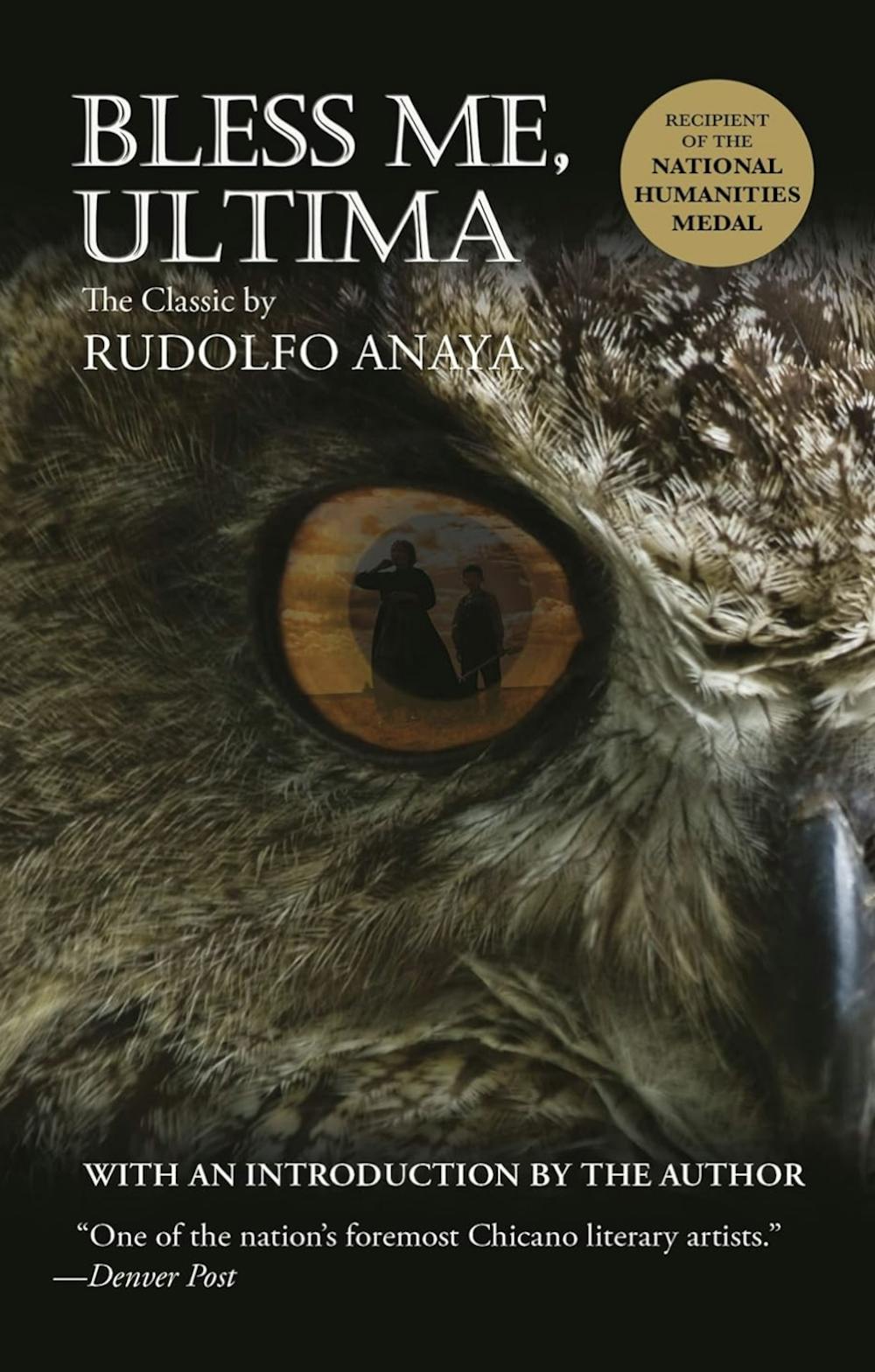With an overwhelming amount of European witchcraft being depicted in both film and literature, “Bless Me, Ultima” is an arresting representation of curanderismo and Spanish folk magic in our very own New Mexico.
Originally a novel published in 1972, Rudolfo Anaya’s “Bless Me, Ultima” is a coming-of-age story about cultural identity, faith and forgiveness. It would later be adapted into a movie in 2012, written and directed by Carl Franklin.
The film takes place in the 1940s and follows 6-year-old Antonio Márez (Luke Ganalon), who lives with his family in Guadalupe, New Mexico. They welcome Ultima (Míriam Colón) — an elderly woman who served as Antonio’s midwife — into their home, where she will live until the end of her life. Ultima uses the earth to harness magic, taking Antonio under her wing and showing him the natural desert plants and herbs on the llano that have mystical, medicinal properties.
When tragic events threaten Antonio’s innocence, Ultima introduces him to the concept of moral independence and every human’s potential for goodness. For such a young boy, the audience sees him grapple with his own morality and the possibility of forgiveness. Antonio faces conflict between his spiritual, earthly beliefs and the Catholic teachings from his community — whose expectations urge him to choose between the two.
Still, his magical quests with Ultima compel Antonio to look inside himself and have hope and certainty for his life path, as well as for those he loves.
The movie is packed with spiritual symbolism and a divine appreciation for the beauty of rural New Mexico. As a local, it fills me with pride to recognize Abiquiu on the screen — to see trails I’ve hiked and the lake I’ve waded in since I was young. This land is significant in more ways than one, and to see its magic portrayed with so much care and intention is inspiring.
Colón as Ultima gives a striking performance that wields immense power. The Puerto Rican actress with an extensive legacy lends her magical energy to a wise curandera who represents the cultural practice in the positive light it deserves.
Ganalon as Antonio plays a more passive protagonist who acts as a witness for the profound themes in the film. This is such a unique way to construct a hero, as he represents a passionate learner that must absorb the teachings from his mentors before he discovers his own path. This part of the movie was executed masterfully.
I imagine that director Franklin and the brilliant cast felt extensive pressure in making the film adaptation of this long-loved, controversial book. One must take great care to depict a centuries-old cultural practice that has long been embellished and demonized by Western culture. With magical spells and evil spirits, Ultima and Antonio navigate these realms gracefully and curiously, invoking inspection of our own moral compasses.
“Bless Me, Ultima,” is a gripping story that will hit New Mexican viewers close to home and push its audience to always question their beliefs. After watching, I feel hopeful for my own journey through life and my own capacity to make the right decisions.
“It is because good is always stronger than evil,” as Ultima says.
Get content from The Daily Lobo delivered to your inbox
Kelsa Mendoza is a senior reporter with the Daily Lobo. She can be reached at culture@dailylobo.com or on X at @kelsar4in






